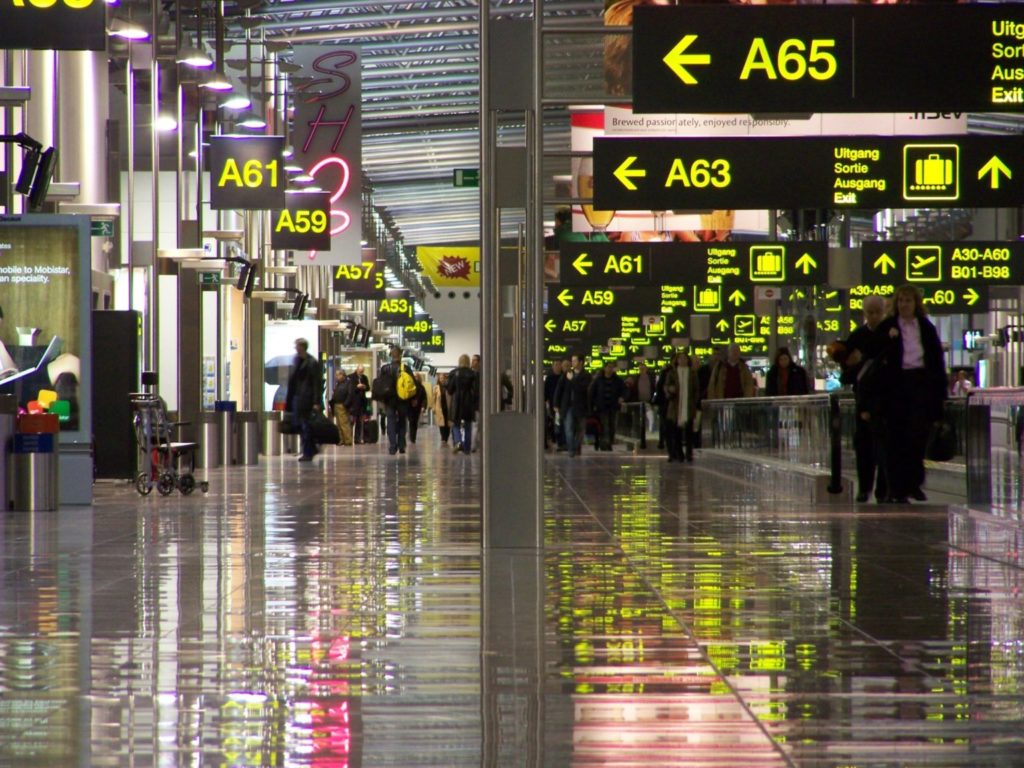With government measures to fight the coronavirus, public health leads to optimizing the use of digital technology to avoid physical interactions in all areas of life.
While some are delighted with the advancement of technologies during the health crisis, in particular for the relationship of companies with their customers, it is essential to simultaneously develop postal infrastructure as well as international train stations and airports.
It is not enough to focus on the digital challenge. It is extremely important to keep an eye on the human. This will require at the corporate level a new approach to people management and marketing to meet the challenges of a society that is now experiencing an existential crisis.
Material exchanges and physical meetings are more essential than ever. Of course, we will always need state-of-the-art telecommunications, with a particular urgency to cover all regions with 5G. However, postal service infrastructure and international travel are equally in need of investment and are crucial for the resilience of our lifestyles.
Homo œconomicus does not exist
With the challenges of the pandemic, a new double necessity has emerged.
Avoiding the risks of infection leads to all kinds of behavioural changes. Traumatized by the crisis, individuals may become more selective in their hugs. Going with a cold in the office will have become unacceptable. We will hesitate to go physically to the bank. And home delivery will continue to apply.
On the other hand, human beings have confirmed that they are not just rational. They need to recharge their energy and their inspiration in moves which can sometimes seem futile. We need to give and receive tangible gifts, to meet and feel physically the communities, increasingly international, to which we belong.
Although for many companies, the crisis has confirmed the importance of alternatives to the physical meeting with the client or between colleagues, demonstrating the importance for their communication and their marketing of technologies and connectivity, the digital will not remain for almost none of them the only way of relation with their stakeholders.
An email will never abolish a handshake
IT and telecommunication networks make it possible to virtualize many relationships, professional and private, essential to our lifestyles. But a praline box image or hologram will never replace receiving one in the mail or hand to hand.
A flower bouquet icon is in no way comparable to a bouquet that will slowly bloom and wither in our interior. An electronic signature may have the same legal standing as one drawn with a pen after a night of negotiations, but it may lack the depth of trust created by an exchange of looks and a handshake.
Even e-commerce requires that the consumer is offered the opportunity to sometimes also feel an atmosphere and touch the products. Businesses will need to move towards a new balance that seamlessly integrates the physical encounter into their digital endeavours, including business travel.
Telecommunications, postal services and international travel
The Internet has become central to our lives. But communicating quickly and reliably, between human beings, with objects or between objects is inseparable from efficient distribution and international travel services.
It is more and more necessary to be able to deliver objects and documents by post. In addition, the ever more international scope of our activities, in particular through the power of communication and distribution networks, shows that passenger transport is also essential.
More digital does not necessarily mean over-dematerializing, but rebuilding another materiality, where investments in infrastructure, both in telecommunications networks, postal services and international transport hubs are among the priorities.
A new materiality
The possibility of adopting the best health or environmental protection practices also depends on these investments.
5G has the potential for this and should be available in Brussels and throughout Belgium, as already announced in Flanders. The same applies to innovative systems that handle the last mile in the delivery of parcels ordered online, high-performance postal services and virtual “corona passports” for use at airports, such as the AOK Pass of the International Chamber of Commerce (ICC) with SGS and SOS International.
The new materiality offered by technologies must allow the largest number of individuals to realize their diverse and sometimes contradictory aspirations, while allowing communities to come together and face the social and environmental challenges of the century.
These investments are urgent because they take time to bear fruit and are essential both for the country's economic competitiveness and for its resilience to any new crisis.

